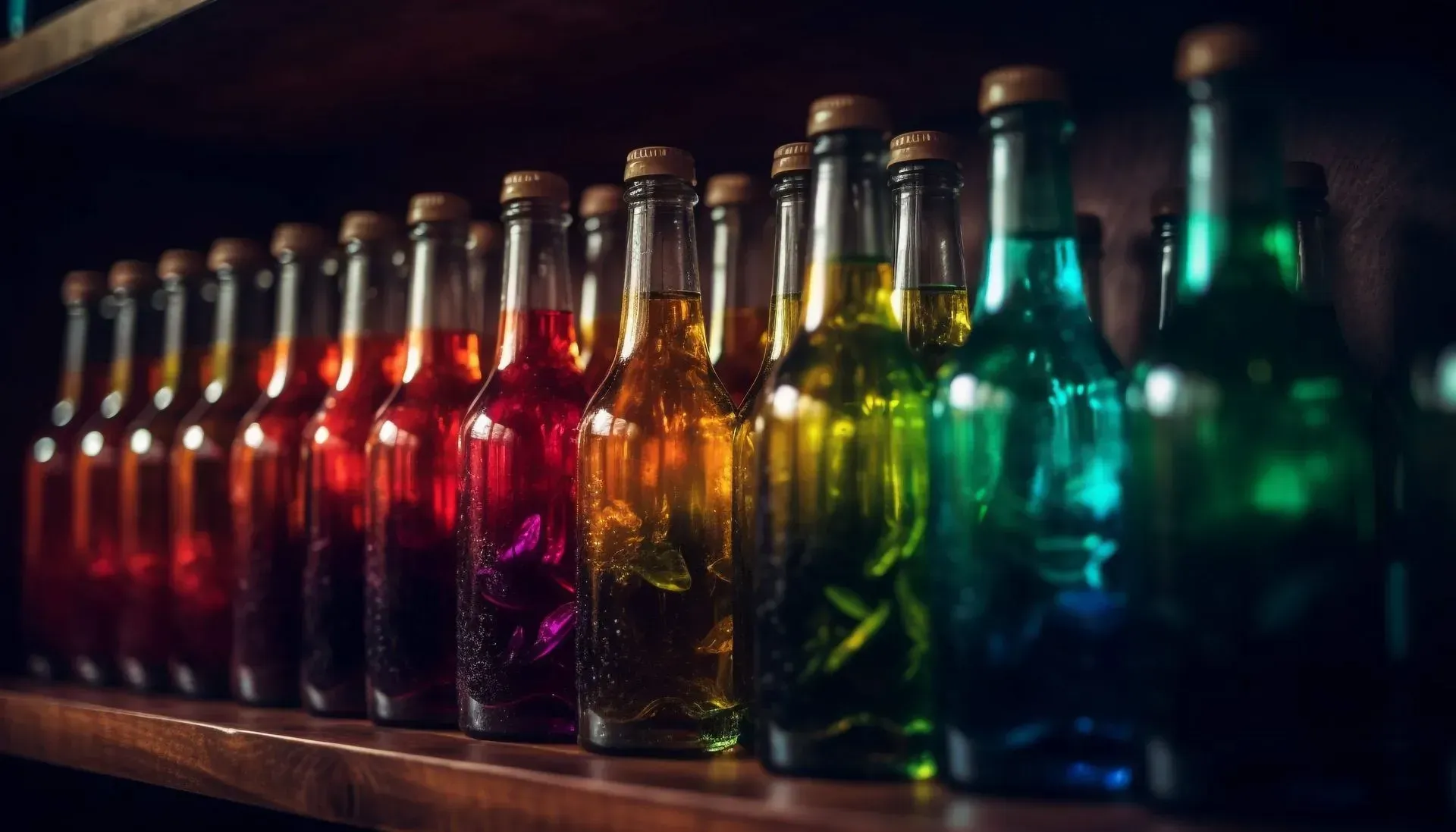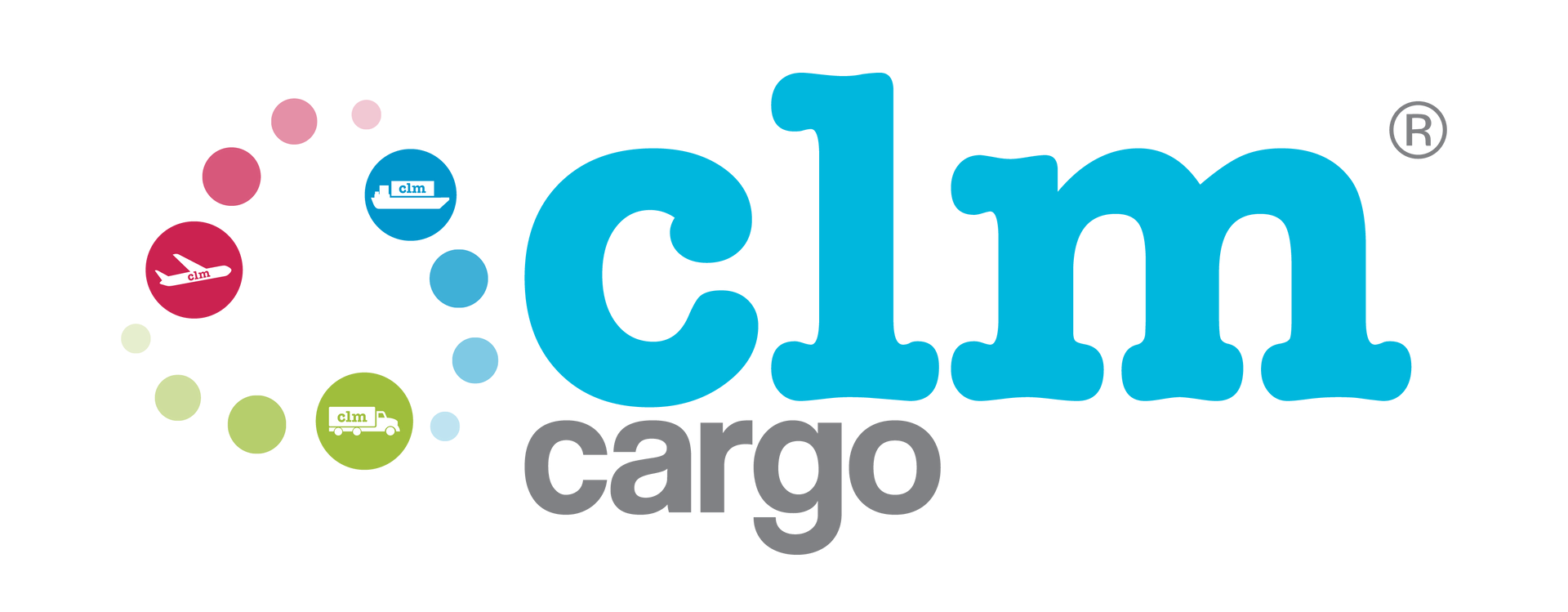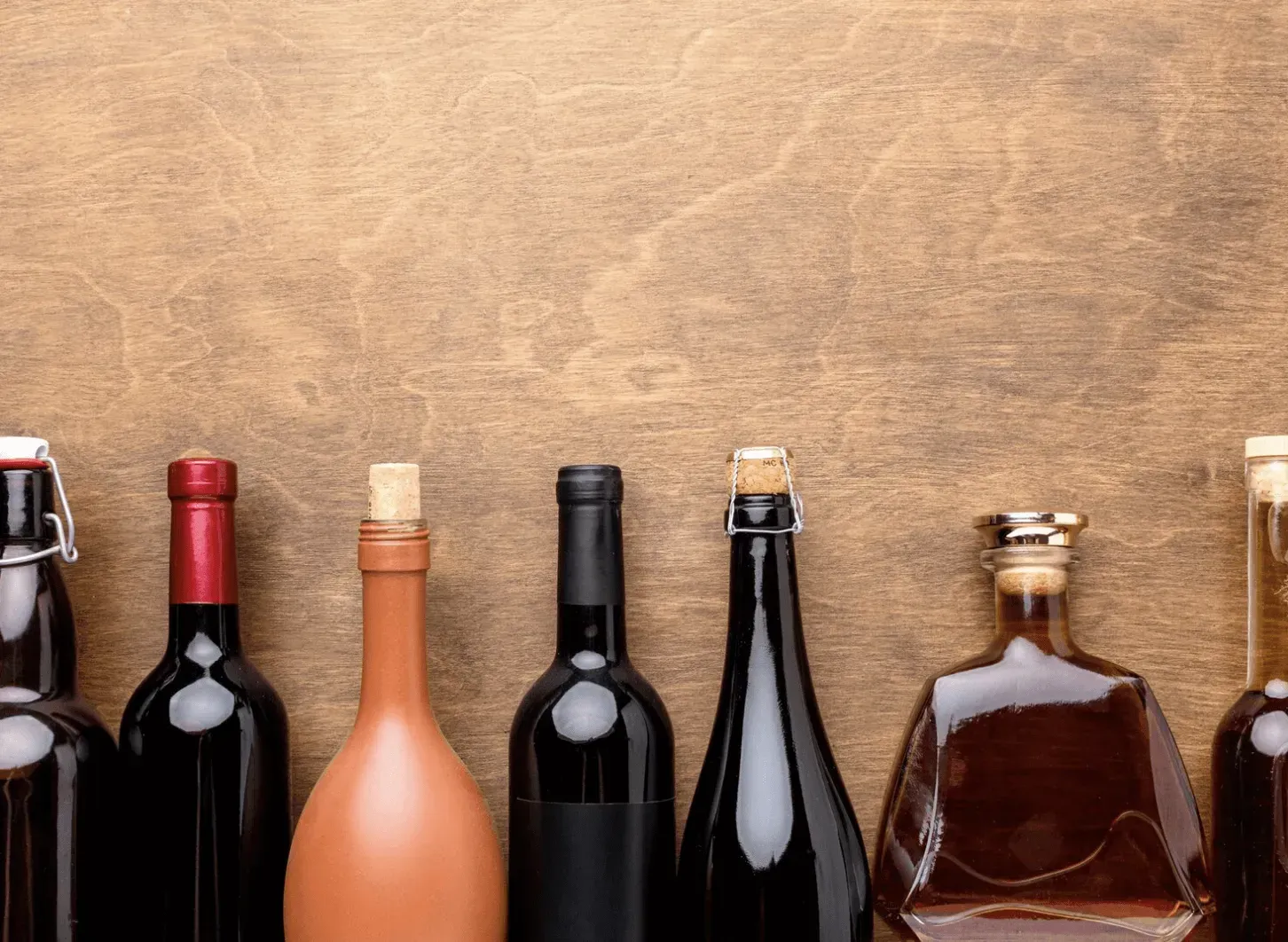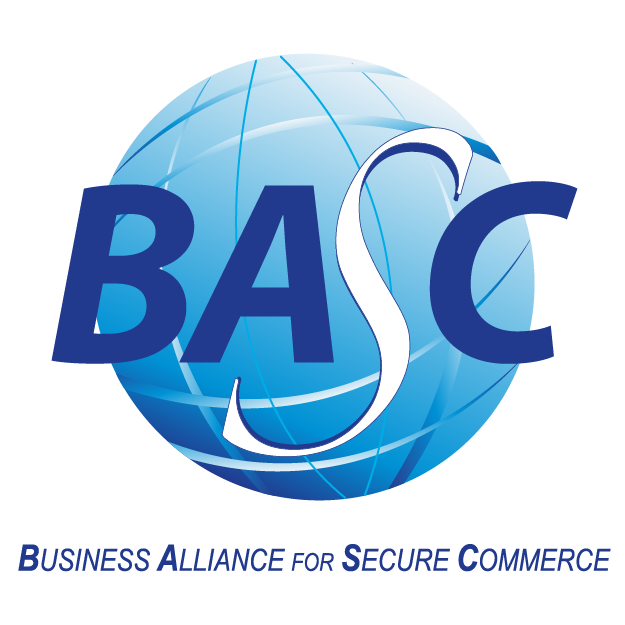Importing Liquor into Colombia: Legal and Sanitary Requirements
Importing liquor into Colombia involves complying with a series of legal and sanitary requirements established by entities such as INVIMA and the Ministry of Commerce. These steps are essential to ensure that products meet current regulations. Additionally, importers must pay specific taxes and duties and hire a licensed customs broker. Quality control and food safety are also key elements of this process.
Legal and Sanitary Requirements for Importing Liquor into Colombia
To import liquor into Colombia, it is essential to comply with various legal and sanitary regulations set by authorities like INVIMA and the Ministry of Commerce. Below are the key elements to consider:
INVIMA Sanitary Authorizations
INVIMA is the agency responsible for granting the necessary sanitary authorizations to import liquor into Colombia. These approvals ensure that products meet the country’s required quality and safety standards.
Procedures According to Resolution No. 2013034419
Resolution No. 2013034419 issued by INVIMA outlines the specific procedures that liquor importers must follow to obtain the corresponding sanitary authorizations. It is crucial to follow these instructions in detail to comply with the current regulations.
Sanitary Registration of Liquor
Sanitary registration is a mandatory requirement for importing liquor into Colombia. This registration certifies that the liquor complies with the quality and safety standards set by the national health authorities.
MinComercio and Import Authorization
The Ministry of Commerce, Industry, and Tourism (MinComercio) is the entity responsible for issuing the import authorization required to bring liquor into Colombia. Following the procedures established by this authority is key to ensuring a legal and secure import process.
Taxes and Duties on Imported Liquor
Liquor imported into Colombia is subject to various taxes and duties. Importers must consider the alcohol consumption tax and calculate and pay the applicable customs duties according to current regulations.
Alcohol Consumption Tax
The alcohol consumption tax is a levy applied to imported liquor in Colombia. It is mandatory and must be accurately calculated to comply with the country’s tax laws.
Customs Duties Calculation and Payment
In addition to the consumption tax, liquor importers must calculate and pay the corresponding customs duties. These duties vary depending on the type of liquor and must be settled based on official tariffs.
Quality Control and Food Safety
Ensuring the quality and safety of imported liquor is crucial to protect the health of Colombian consumers. Importers must comply with food safety and quality control measures as established by national regulations.
Steps to Import Liquor into Colombia
Importing liquor into Colombia involves following a set of specific steps to meet legal and sanitary requirements and ensure a smooth and successful import process. The steps include:
Verification of Specific Requirements for Each Type of Liquor
- Identify the specific import requirements for each type of liquor.
- Ensure that all necessary documentation is prepared according to the liquor’s classification.
- Consult with the relevant authorities to confirm compliance with all applicable regulations.
Hiring a Licensed Customs Broker
It is essential to work with a registered customs broker who specializes in liquor imports. This professional will manage all customs procedures, ensure compliance with legal requirements, and streamline the overall import process.

Storage and Distribution Process
Importance of Warehousing
- Select an appropriate warehouse for storing imported liquor.
- Ensure optimal temperature and humidity conditions to preserve product quality.
- Implement safety measures to prevent risks and guarantee the integrity of the goods.
Transportation and Logistics
- Coordinate the transportation of liquor from the point of entry to the designated warehouse.
- Choose safe and efficient means of transport to protect the cargo.
- Implement a logistics plan that ensures timely distribution of liquor to points of sale or end recipients.
Statistics and Trends in Liquor Imports
Most Imported Liquors
- Whisky
- Agave Spirits
- Rum and Other Liquors
Market Data from January to June 2024
During the first half of 2024, there has been an increase in liquor imports, showing promising growth in the national market.
Participation of Different Countries in Imports
Colombia has diversified its liquor import sources, receiving products from a variety of countries. The leading exporting nations have maintained a strong presence in the local market.
Additional Registrations and Procedures
When importing liquor into Colombia, it is essential to comply with a number of additional registrations and procedures to ensure the legality and safety of the operation. Below are the required steps:
Import Registration with INVIMA
The
Import Registration with INVIMA is a mandatory requirement for importing liquor into Colombia.
This registration ensures that products meet the sanitary regulations enforced by the National Institute for the Surveillance of Medicines and Food (INVIMA).
Required Documentation for Import
To carry out the liquor import process, a series of documents must be submitted to support the operation.
These include the
commercial invoice,
certificate of origin,
packing list, and other documents specific to the type of liquor being imported.
Commercial Authorization Requirements
Ministries and Government Agencies Involved
Various ministries and governmental entities participate in the liquor import process in Colombia.
It is important to comply with each entity’s requirements in order to obtain the necessary commercial authorizations.
Superintendency of Industry and Commerce
The
Superintendency of Industry and Commerce is one of the agencies responsible for regulating and supervising product imports in Colombia.
Compliance with the requirements and procedures established by this agency is essential for importing liquor legally and safely.
Benefits and Challenges of the Liquor Market in Colombia
Alcohol Consumption in Colombia
Alcohol consumption in Colombia has shown an upward trend in recent years, reflecting local consumer preferences and habits.
Trends and Consumer Preferences
There is growing demand for
premium and high-quality liquors among Colombian consumers, encouraging market diversification.
Preferences for traditional liquors like
aguardiente remain strong, but there is also increasing acceptance of international liquors such as
whisky and
vodka.
Promotional Events like Pisco Week LATAM
Events such as Pisco Week LATAM have helped promote the consumption of traditional liquors like Peruvian pisco in Colombia, generating interest and engagement in activities related to alcohol culture.
Comparison with Other International Markets
The liquor market in Colombia has experienced significant growth compared to other international markets, standing out for its product variety and acceptance of new trends.
Innovations and New Products in the Industry
The liquor industry in Colombia has driven the creation of new products and innovations in packaging, adapting to changing consumer preferences.
The introduction of
non-alcoholic beverages into the market has opened opportunities to reach a segment of consumers seeking healthier and more diverse beverage options.
Non-Alcoholic Beverages in the Market
Non-alcoholic drinks have gained ground in the Colombian market, offering attractive alternatives for those who want to enjoy unique flavors without the effects of alcohol.
Future Outlook and Opportunities
Market projections for the liquor industry in Colombia suggest a favorable outlook, with opportunities for growth through product diversification, innovation, and the acquisition of new consumer segments.
Frequently Asked Questions about Liquor Imports
What is the procedure to obtain a Sanitary Authorization?
To obtain a Sanitary Authorization, you must follow the process established by INVIMA, which includes submitting the required documentation and meeting specific requirements for each type of liquor. This authorization is essential to ensure that imported liquors meet the established safety and quality standards.
What Taxes and Duties Must Be Paid?
When importing liquor into Colombia, it is necessary to pay the Alcohol Consumption Tax, which varies depending on the type of liquor. In addition, you must calculate and pay the applicable customs duties in accordance with current regulations. These taxes and duties are part of the overall importation costs and must be accounted for in the planning process.
What Quality Controls Must Be Met?
Imported liquors must comply with strict quality control and food safety standards to ensure they are safe for human consumption. It is essential to verify that the products meet the country’s sanitary regulations and pose no health risks. Quality checks must be carried out at all stages of the import and distribution process.
What Are the Main Liquor Exporting Countries to Colombia?
Colombia imports liquor from various countries, with some of the main exporters being the United States, Spain, Mexico, and Chile. These countries offer a wide variety of liquors appreciated in the Colombian market, contributing to the diversity of available options. The importation of liquors from these countries reflects the globalization of the alcoholic beverage industry and the demand for quality products in Colombia.







